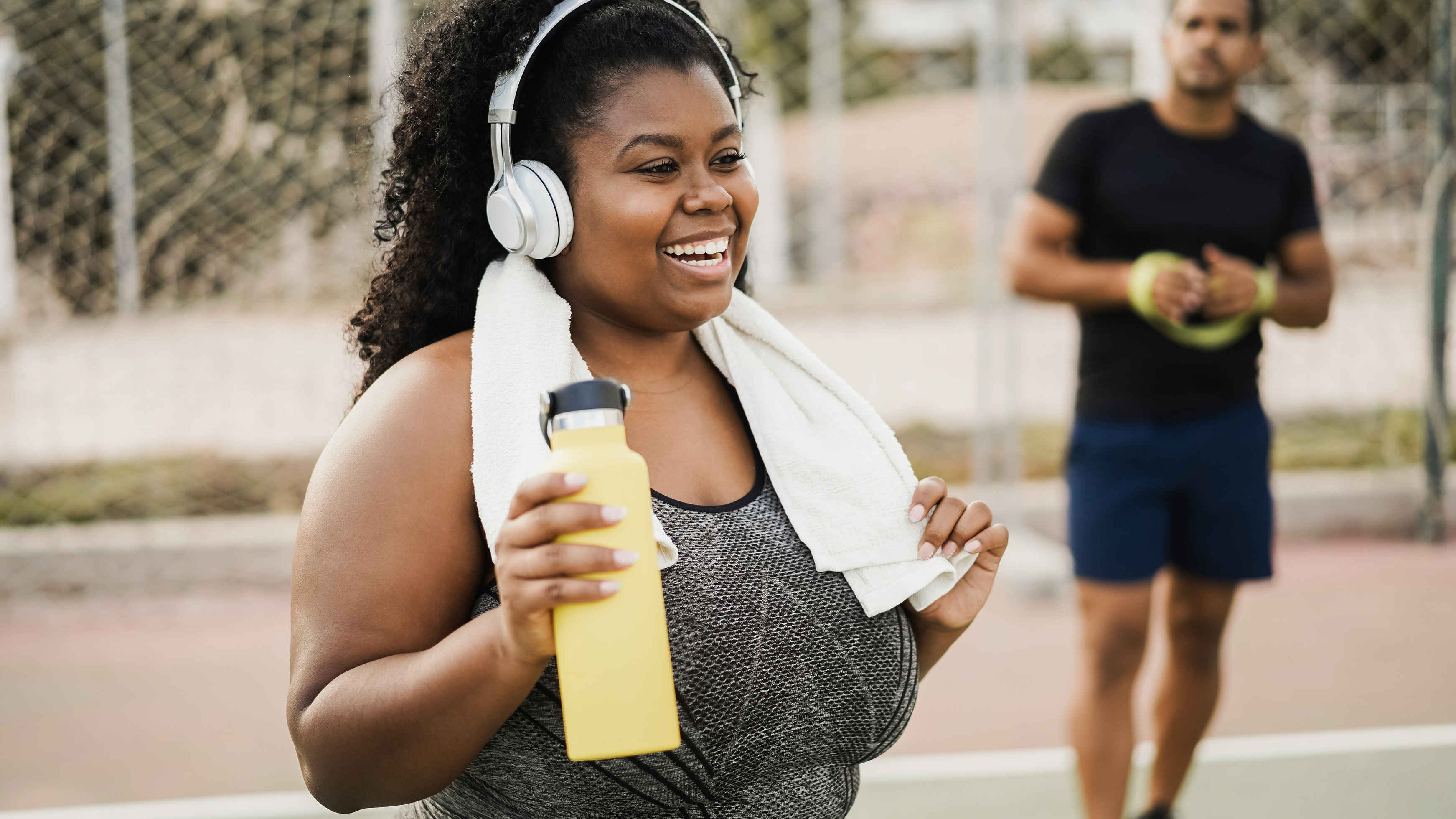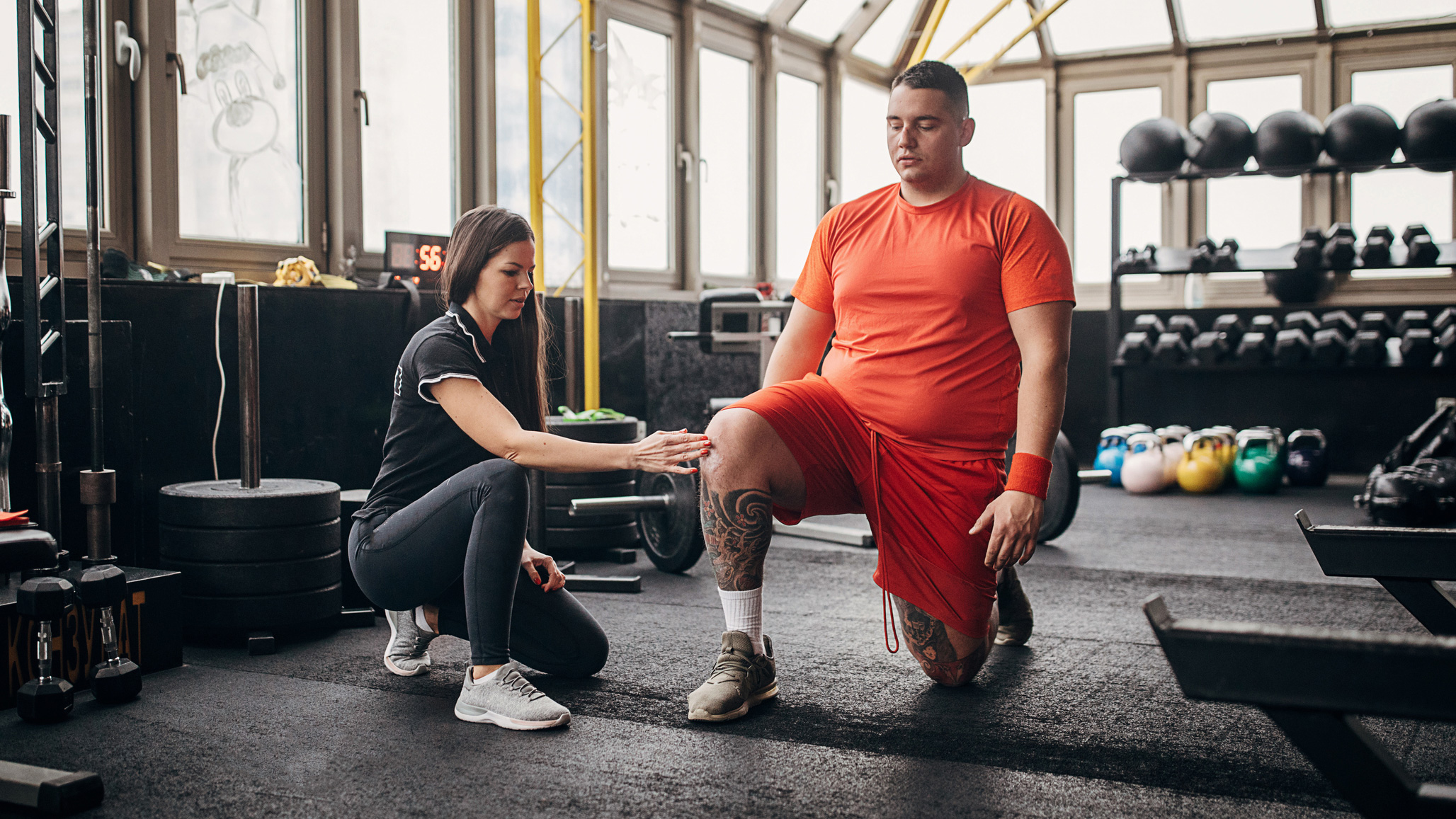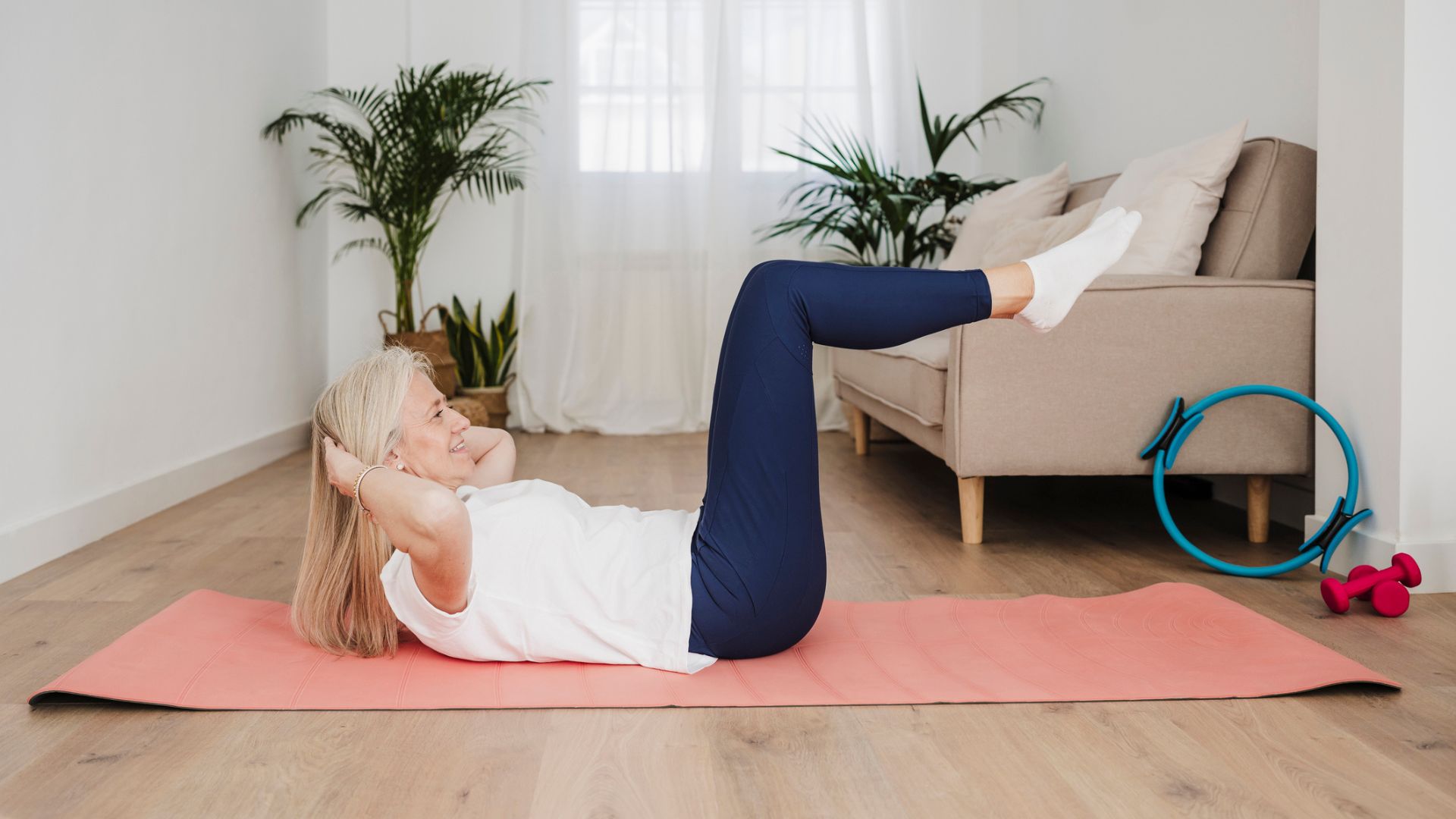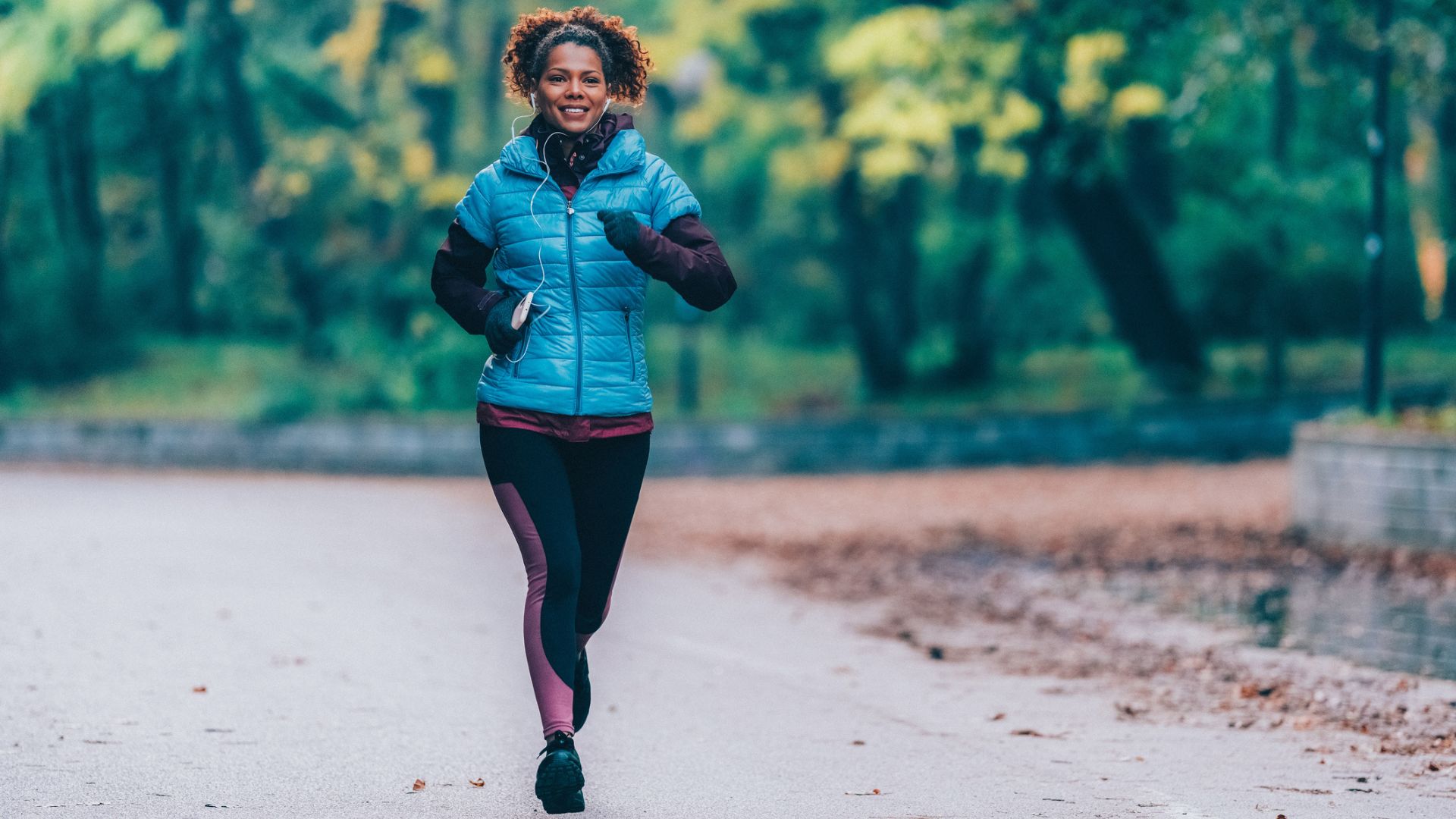It's not just lack of motivation—even science says it's hard to start exercising
Research says exercise gets physically harder if you don't do it often, which is why it's so important to stay active


We've all been there. After a long period of not exercising, those first few sessions are the toughest. It seems like it's a much greater effort to get started than it is to keep going.
That's because it is. Whether you're jumping on the best elliptical machine which has been gathering dust in your front room, or you're heading out to the park, determined to start a 30-day HIIT workout challenge, those first few sessions are going to be hard work because, as recent research has revealed, long periods of inactivity deactivate vital proteins in your body.
The research, published by scientists from the University of Leeds in the UK, found that long periods of inactivity start to deactivate the "Piezo1" protein in our bodies. This protein plays a key role in helping to carry blood to the muscles.
Our blood contains oxygen, and the less oxygen that can be carried to help fuel our muscles, the harder exercise becomes. Restricted blood flow means that we become less mobile, eventually leading to health problems.
Lead author and Postdoctoral Researcher Fiona Bartoli said: "Exercise protects against cardiovascular disease, diabetes, depression, and cancer. Unfortunately, many people fail to exercise enough, for reasons such as injury and computer usage. This puts people at more risk of disease. The fewer people exercise, the less fit they become, often leading to a downward spiral."

When first starting, it's helpful to start slow, taking on workouts that you know you can complete. For an absolute beginner, this might be a program of regular walking to lose weight.
Walking is an easy, low-intensity exercise that can be incorporated into your day, whether you choose to do a structured workout or simply opt for a 20-minute stroll on your lunch break, rather than continuing to sit at your desk. You just need some relatively comfortable clothes and the best shoes for walking if you're upping the pace.
Get the Fit&Well Newsletter
Start your week with achievable workout ideas, health tips and wellbeing advice in your inbox.
If you're coming back to fitness after a bit of an absence, but more experienced than a complete beginner, you might opt for a low-intensity run, or a short resistance training session, to ease yourself back into things.
From the outset, it's just about forming a habit and hitting achievable goals: research from Bond University in Australia found that programs that focus on forming healthy habits are by far the most successful long-term weight loss interventions.
The researchers write: "Habit-based interventions show promising results in sustaining behaviour change," and that "weight loss maintenance may benefit from incorporating habit-focused strategies".
Habit-stacking mantras, such as "when I get home I will eat a piece of fruit", were proven to be extremely successful in other studies. Starting small, lacing up those best running shoes for men and best running shoes for women, is always the first step—and as we've seen above, it's the hardest. Done that first workout? Congratulations!
Matt Evans is an experienced health and fitness journalist and is currently Fitness and Wellbeing Editor at TechRadar, covering all things exercise and nutrition on Fit&Well's tech-focused sister site. Matt originally discovered exercise through martial arts: he holds a black belt in Karate and remains a keen runner, gym-goer, and infrequent yogi. His top fitness tip? Stretch.
-
 I'm a personal trainer and I've been using this routine to build functional core strength for over 20 years
I'm a personal trainer and I've been using this routine to build functional core strength for over 20 yearsBorrow this quick drill for your next core finisher
By Sam Rider
-
 These are the exercises that actually help shin splints, according to a kinesiologist
These are the exercises that actually help shin splints, according to a kinesiologistIf you run a lot you need to try these moves
By Maddy Biddulph